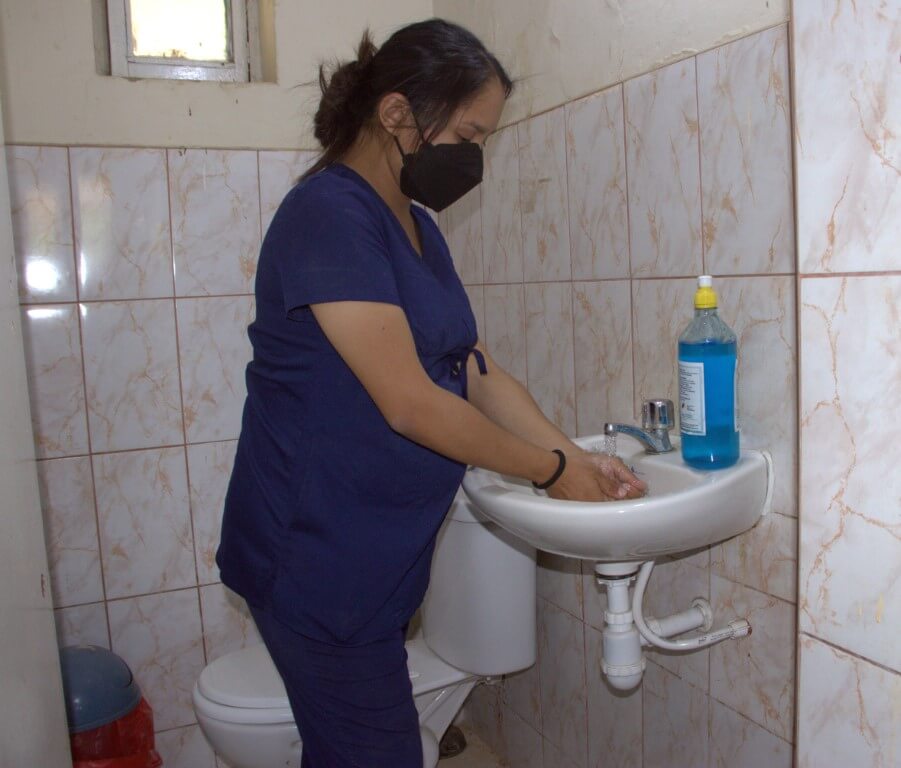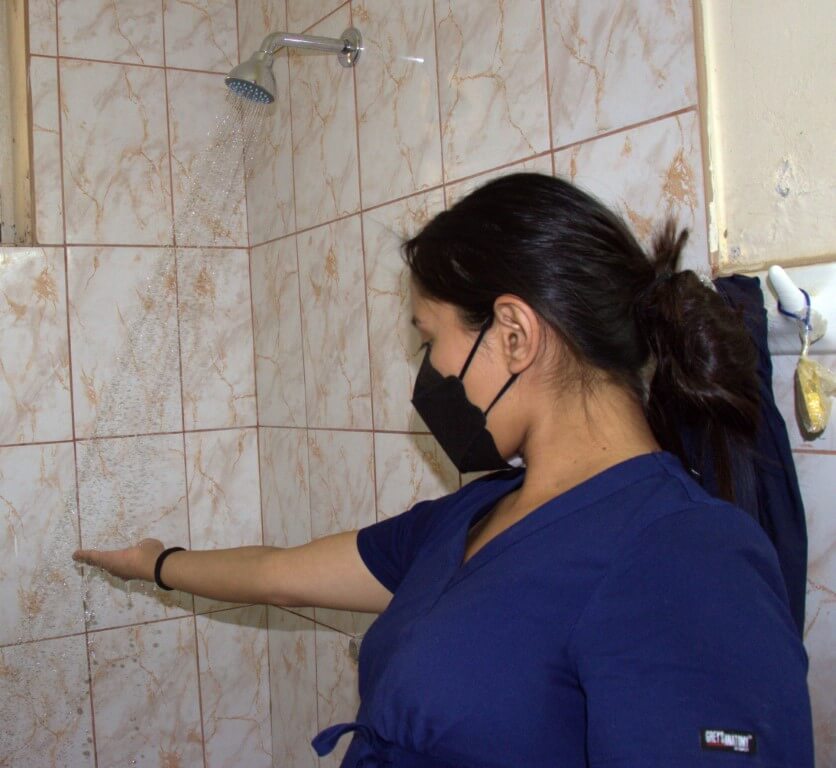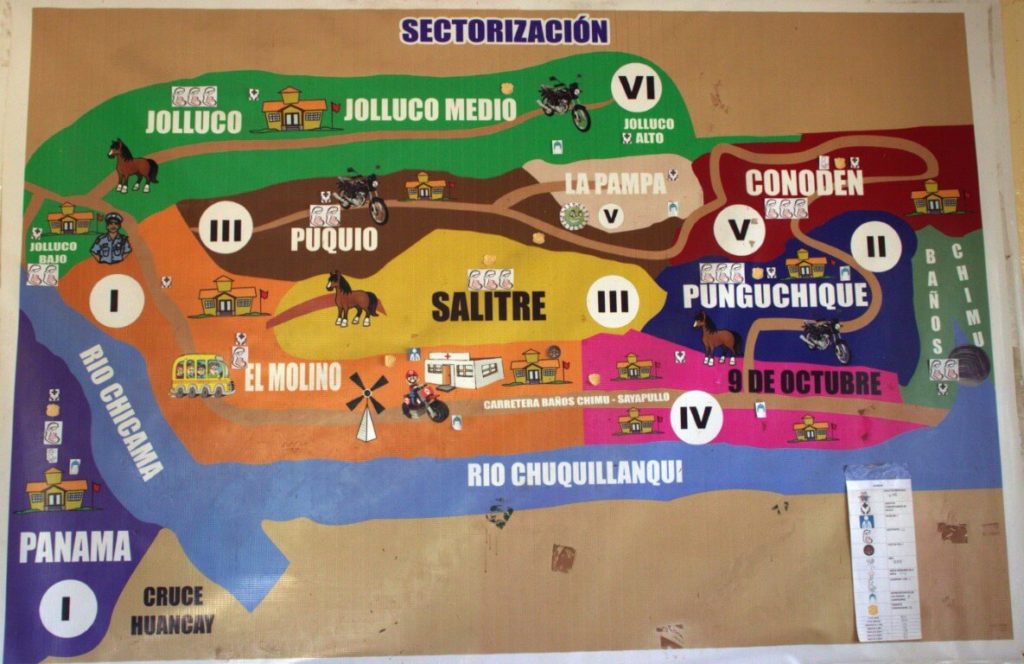With this phrase, the serum doctor Anadina Rosario Neyra narrates the challenges faced by the staff of the El Molino health center (Cascas), during the Covid-19 pandemic.
Dr. Anadina arrived in the El Molino community in October 2020 to carry out her Rural and Urban Marginal Health Service (SERUMS). It was a difficult time, although the intensity of COVID-19 was slowly beginning to subside.
The El Molino health center reaches 10 villages in the Cascas district and with it, nearly 4 thousand people. Health professionals are organized to meet the needs of the population. Each of them performs between five (5) and six (6) community guards or outings. During the peak of the pandemic these outings were limited. Currently, community work is being carried out progressively. The vaccination of health personnel, and the vast majority of the population, allows this.
El Molino is a category I-3 health center; That is, it has a doctor, an obstetrician, an office for medical and gynecological care, a laboratory and paramedical personnel. Therefore, access to a good basic water and sanitation service is imperative to provide adequate care.
"The implementation of the project, at the El Molino health center, to improve water services, the installation of the hand washing module and all the technical assistance provided to the staff, was a blessing" says Dr. Anadina.


The intervention of the project developed by Water For People in alliance with Green Empowerment, has allowed a considerable improvement in medical care through the improvement of the drinking water system of this health center. The impact of this work is reduced to the sole expression of health personnel "They arrived when we needed them most".
The project improved the drinking water network, changed taps and implemented the hand washing module. In addition, it provided training on the operation and maintenance of the health center's drinking water system.
"People who come to the health center now have a place designated exclusively for hand washing and the staff takes advantage of that moment to give them demonstration talks on correct hand washing. The children are the happiest." "When a pregnant woman arrives for her check-up, the obstetrician makes her wash her hands well before going to the triage area; in this way, not only are health protocols complied with, we also teach the pregnant woman about the importance of this practice", comments the doctor. Health personnel have also resumed extramural or community work, traveling to the communities to carry out house-to-house visits, carrying out health checks on the population that is still afraid to go to the health center due to the pandemic, and there they provide counseling on good sanitary practices. Doctor and nurse give talks on: tuberculosis, healthy eating, vaccines, non-communicable diseases and mainly, handwashing.

